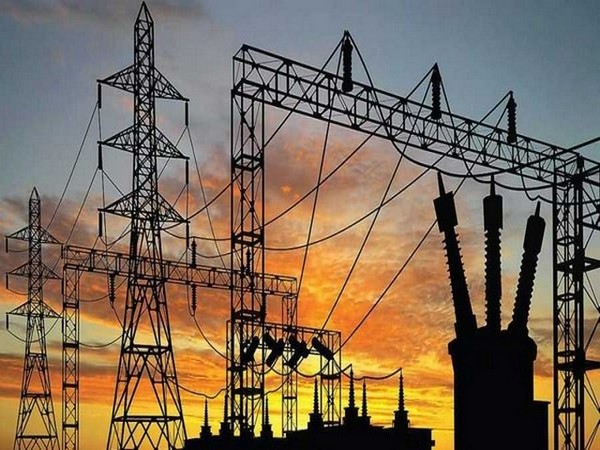
KATHMANDU, Sept 21: Nepal Rastra Bank (NRB) Governor Mahaprasad Adhikari has expressed confidence that Nepal’s trade deficit can be significantly alleviated through the annual export of electricity valued at Rs 1.2-1.3 trillion.
During a meeting on Monday with the Independent Power Producers’ Association – Nepal (IPPAN), Governor Adhikari affirmed that Nepal could export electricity worth Rs 1.2-1.3 trillion annually. He reassured that there should be no hindrance in securing investments for the necessary power projects required to meet this ambitious electricity export target.
Meanwhile, IPPAN disclosed that the development of projects generating approximately 3,700 megawatts (1,500 MW ROR and 2,200 MW PROR) would necessitate an estimated expenditure of approximately Rs 555 billion over the next five years. When factoring in the electricity export agreement between Nepal and India, the total investment could reach around Rs 2,055 billion over the next decade. Furthermore, considering the goals set in the Energy Decade initiative, which aims to produce 25,000 megawatts, an investment exceeding Rs 3,750 billion will be imperative.
Recognizing NRB’s favorable stance toward projects exceeding 200 megawatts, IPPAN advocated extending this arrangement to encompass all hydropower ventures. As per the directives issued by the central bank to financial institutions, the interest income derived from projects under construction cannot be distributed as dividends. In cases where a moratorium period extension is required, a 12.5 percent loan loss provision should be considered as part of loan restructuring. IPPAN sought to revert to the prior arrangement allowing the distribution of dividends from the interest income generated by projects under construction.
Furthermore, IPPAN highlighted the comparatively high interest rates imposed by Nepali financial institutions on energy investments, even under the guarantee of the Government of Nepal. To address this issue, they proposed exploring the possibility of utilizing international financial instruments such as Sovereign Bonds, Green Bonds, or Climate Bonds for refinancing clean energy projects through NRB. Governor Adhikari acknowledged that the matter of bonds lies within the jurisdiction of the Ministry of Finance but expressed NRB’s readiness to facilitate the process.
To fulfill the national objective of generating 25,000 megawatts and exporting 15,000 megawatts within a decade, IPPAN suggested that banks and financial institutions consider investing in the form of capital. They also urged the streamlining of policies related to international investors, including hedging, investment, dividends, and returns, to make them more accessible, expeditious, and transparent.
In response to IPPAN’s concerns, its President, Ganesh Karki, expressed apprehension about the banking sector’s ability to invest in power projects. He called upon Governor Adhikari to encourage banks and financial institutions to allocate 20 percent of their total investments to the energy sector. Governor Adhikari reassured IPPAN that the banking sector should not face any investment-related challenges, even if Nepal succeeds in generating 20,000 megawatts within a decade.
FACEBOOK COMMENTS